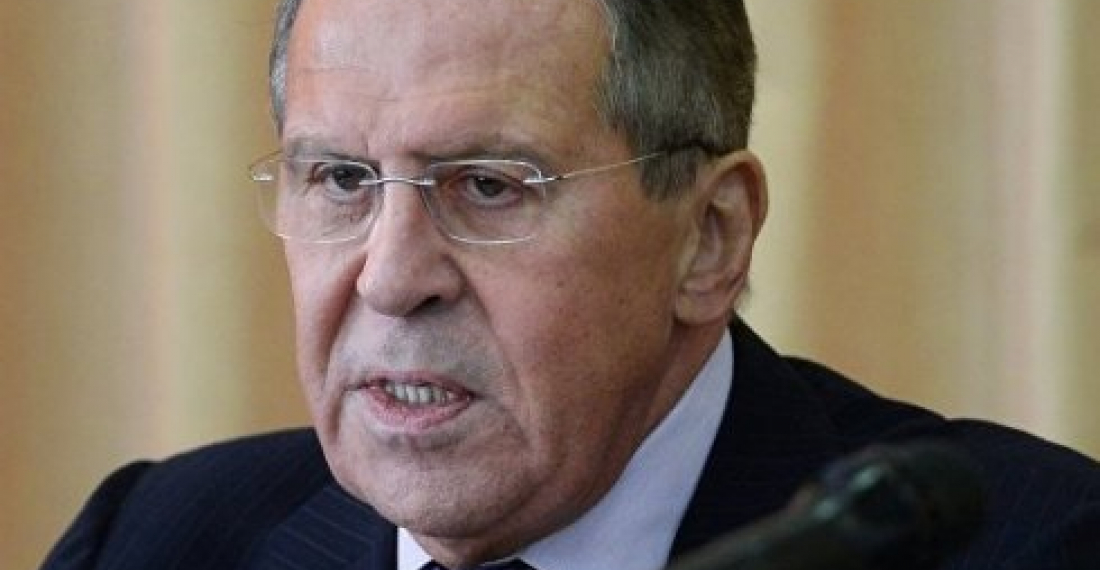Russian Foreign Minister, Sergei Lavrov, has made his first public criticism of the new authorities in Armenia. In a comment carried by the Itar-Tass news agency, Lavrov referred to the recent indictment of various high profile personalities, including former president Robert Kocharian, for their involvement in the violent crackdown on street protests in 2008. Kocharian was subsequently remanded to pre-trail imprisonment. Another senior personality, the former head of the Armed Forces, General Yuri Khachaturian was aslo charged, but released on bail. Khachaturian is the current secretary general of the Collective Security Treaty Organisation (CSTO), the Russia led military alliance of which Armenia is also a member
In his comment, Russian Foreign Minister Lavrov said that the events in Armenia run counter to the earlier statements of the new leadership of the country about their unwillingness to pursue political predecessors. Moscow as an ally of Yerevan has always been interested in Armenia's stability, the minister stressed. Therefore, what is happening in Armenia "bothers us, including as regards the conduct of the normal work of those organisations in the CIS area, in which Armenia participates", Lavrov added.
According to Lavrov, over the past few days, the Russian side has raised its concerns several times with the Armenian leadership.
The Foreign Minister expressed the hope that the situation "will nevertheless follow a constructive path."
Lavrov added, that during the political crisis in Armenia in May this year, "Moscow noted with great satisfaction that a solution to the crisis was found on the basis of a compromise involving all leading parties." According to him, in Russia they hoped that the new leadership of Armenia will continue to "strengthen the national accord".
"But the events of recent days clearly violate such a positive attitude, and run counter to the recent statements by the new leadership of Armenia that it has no intention to organise the persecution of its predecessors for political reasons," he concluded.
related content: Armenian former president, Robert Kocharian, charged with breaching constitutional order
source: commonspace.eu with Itar-Tass







